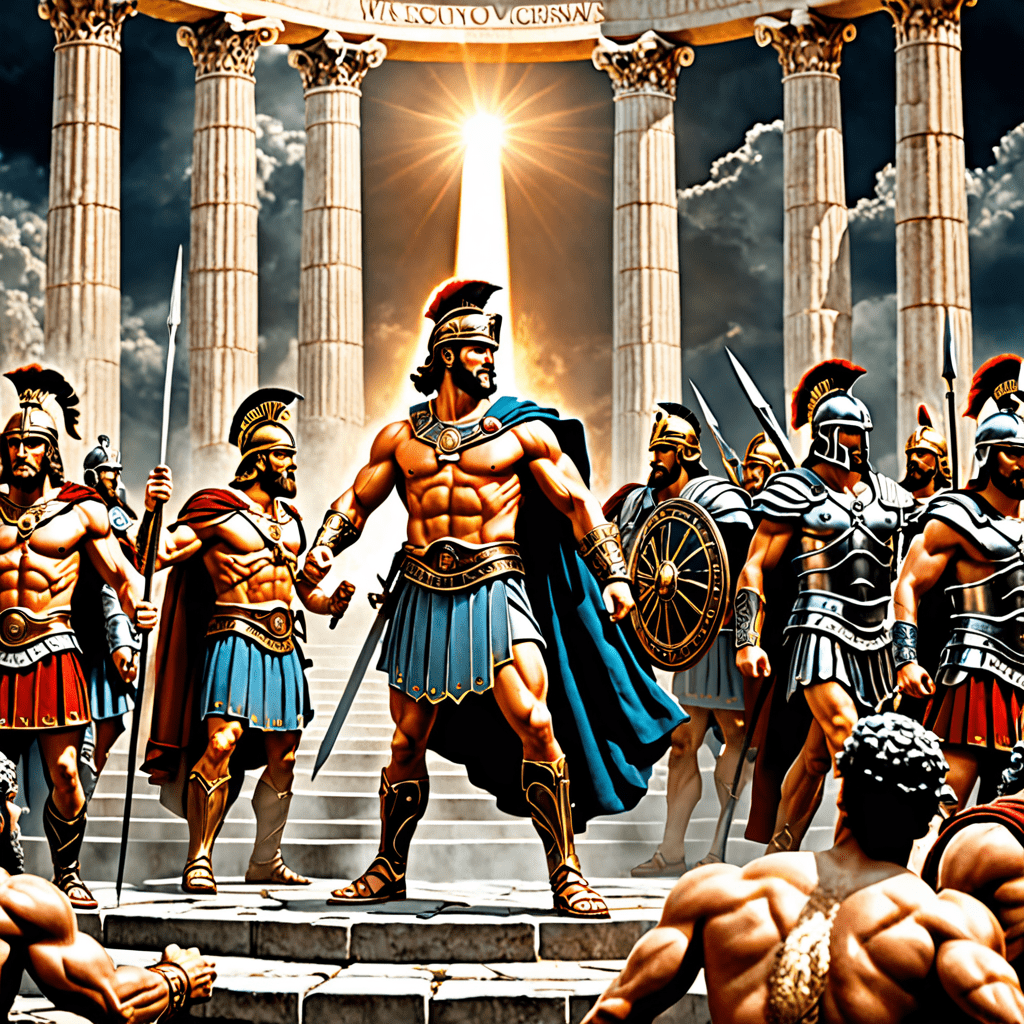I. Introduction
African mythology places immense significance on ancestors, honoring them as revered beings that deeply influence the lives of their descendants. Ancestors, both paternal and maternal, are considered intermediaries between the living and the divine, playing a vital role in guiding, protecting, and shaping their families' destinies.
II. The Importance of Ancestors in African Mythology
Ancestors serve as the cornerstone of African spiritual and cultural practices. They represent the collective wisdom, values, and history of a family and community. By honoring ancestors, individuals pay homage to their lineage and express gratitude for their guidance and protection. Ancestors are believed to have a profound impact on the well-being, health, and prosperity of their descendants.
III. Types of Ancestors
In African mythology, various types of ancestors exist, each with distinct roles and responsibilities. Immediate ancestors, such as grandparents and parents, hold close relationships with their living descendants, offering direct guidance and support. Lineage ancestors are more distant relatives who may not be known personally but are revered for their contributions to the family's history and legacy. Clan ancestors are revered founders or leaders who have greatly influenced a community's culture and traditions.
VI. Ancestors as Guardians and Protectors
In African mythology, ancestors are not only revered but also feared as guardians and protectors of their descendants. They are believed to safeguard their lineages from harm and keep malevolent spirits at bay. Ancestors may intervene in times of danger, providing guidance or protection through dreams, visions, or physical manifestations. Their presence ensures a sense of safety and comfort for their living relatives.
VII. Ancestors as Sources of Knowledge and History
Ancestors are repositories of wisdom, knowledge, and history. They possess an intimate understanding of their family's past and lineage, which they pass down through generations through storytelling and oral traditions. Ancestors are consulted for guidance on matters of morality, ethics, and decision-making. By connecting with their ancestors, individuals gain insights into their own identity and purpose.
VIII. The Role of Ancestors in Cultural Continuity
As guardians of tradition, ancestors play a crucial role in cultural continuity. They ensure that customs, beliefs, and values are preserved and passed on to future generations. Through rituals, ceremonies, and storytelling, ancestors transmit their wisdom and experiences, shaping cultural practices and solidifying a sense of community identity. By honoring their ancestors, individuals keep their cultural heritage alive and vibrant.
IX. Ancestors in Literature, Art, and Music
The significance of ancestors in African mythology is reflected in various forms of artistic expression. Many African literary works, such as folktales, myths, and legends, feature ancestor characters as central figures who guide, protect, and teach their descendants. Similarly, artwork often depicts ancestors as symbolic representations of wisdom, power, and protection. In African music, ancestors are invoked through specific rhythms, melodies, and songs that honor their presence and seek their blessings.
X. Conclusion
In conclusion, ancestors occupy a central and profound position in African mythology, serving as respected intermediaries between the living and the divine. They guide, protect, and shape the lives of their descendants, providing wisdom, knowledge, and a sense of cultural continuity. By honoring their ancestors, individuals pay homage to their lineage and express gratitude for their enduring presence and influence.


